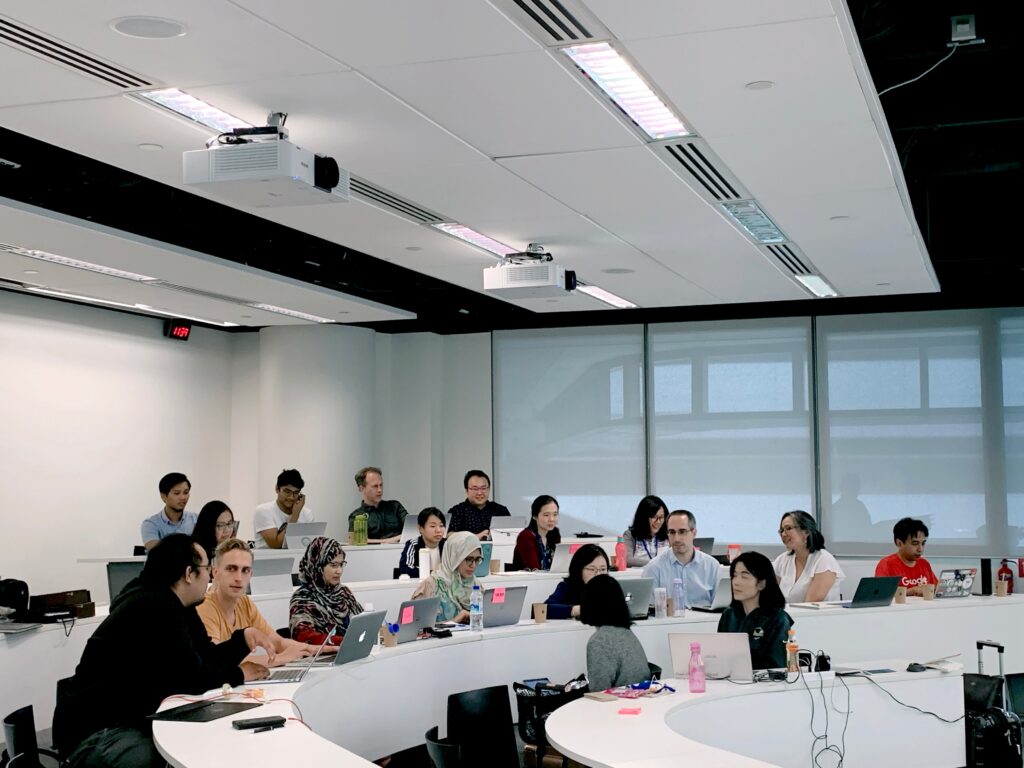

Enhancing Learning and Research
Artificial Intelligence (AI) is revolutionizing the education industry, offering numerous benefits to both students and teachers. One of the major use cases of AI in education is its ability to enhance learning and research. With AI-powered tools, students can access vast amounts of information and learn faster than ever before.
For instance, AI-based learning platforms can analyze students’ progress and tailor personalized learning paths to meet their individual needs. These platforms use algorithms to identify areas where a student may be struggling and provide targeted resources to address those weaknesses. This enables students to learn at their own pace, boosting their confidence and motivation.
AI is also transforming the way research is conducted. Researchers can now use AI-powered tools to analyze large datasets and identify patterns that may have previously gone unnoticed. This not only accelerates the research process but also allows for more accurate and insightful findings.
AI Teaching Assistants and Tutoring
Another exciting application of AI in education is the use of AI teaching assistants and tutoring. AI-powered chatbots can provide instant answers to students’ questions, acting as virtual tutors available 24/7. These chatbots use natural language processing algorithms to understand and respond to students’ queries, providing personalized feedback and guidance.
Furthermore, AI tutoring systems can offer adaptive learning experiences. By analyzing students’ performance and behavior, these systems can identify knowledge gaps and provide targeted exercises and explanations to help students improve in specific areas. This individualized approach to tutoring ensures that students receive the support they need to succeed.
Addressing Cheating and Plagiarism
While AI offers numerous benefits to education, there are also challenges to address. One of the major concerns is the increase in cheating and plagiarism facilitated by AI-powered tools. Students can now use AI models like ChatGPT to generate essays and complete homework assignments, making it difficult for teachers to detect plagiarism.
However, AI can also be used to combat cheating. Machine learning algorithms can be trained to detect patterns and anomalies in students’ work, flagging potential cases of plagiarism. Educational institutions can also implement honor codes and policies that explicitly prohibit the use of AI-generated content, raising awareness and discouraging students from resorting to unethical practices.

The Future of Education
The future of education is undoubtedly intertwined with AI. As technology continues to advance, AI will play an increasingly vital role in transforming the way we learn and teach.
AI-powered platforms will continue to evolve, providing students with personalized learning experiences tailored to their individual needs. This will foster greater engagement and motivation, ultimately leading to improved learning outcomes.
For teachers, AI will serve as a valuable tool, automating administrative tasks and providing insights into students’ learning patterns. This will free up valuable time and allow teachers to focus on what they do best – guiding and inspiring their students.
In conclusion, the integration of AI in education has the potential to revolutionize the industry. By harnessing the power of AI, we can create a more inclusive, personalized, and efficient learning environment that benefits both students and teachers.